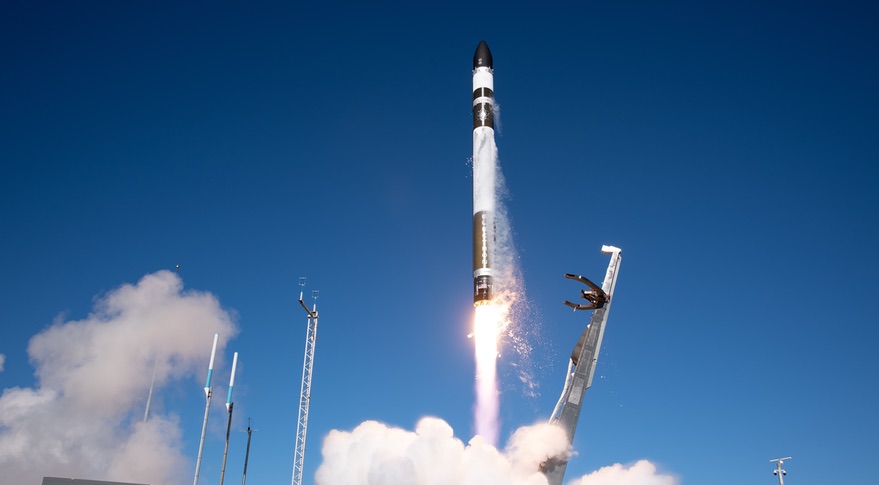WASHINGTON — Executives of major launch companies said they doubted there was sufficient demand for more than a few small launch vehicle developers, citing their own efforts to provide rideshare launch services for smallsats.
During a panel discussion at Euroconsult’s World Satellite Business Week Virtual Edition conference Nov. 9, Tory Bruno, chief executive and president of United Launch Alliance, said a year ago he was tracking more than 120 ventures in the small launch vehicle or “microlauncher” market. There is now a “significantly smaller” number of such companies, he said, because of fundraising challenges linked to the pandemic.
“I don’t expect that market to recover because that market would have been grossly — like order of magnitude — oversupplied had all of those startups succeeded,” he said. “There’s really only room, in our judgment, for maybe two or three of these.”
How many companies are actively pursuing small launch vehicles can be difficult to determine, and even companies that go out of business can come back, as was the case with Vector, which recently resumed operations under new ownership after filing for bankruptcy last year. However, other panelists agreed that there is demand for only a few small launch vehicle companies, at most.
“The market needs to evolve,” said Gwynne Shotwell, president of SpaceX. “It’s a tough business.” Shotwell has previously noted that SpaceX’s original small launch vehicle, Falcon 1, was retired because of a lack of demand.
“I don’t think there’s room for dozens of these,” she said, concluding that there is only demand currently for two or three companies.
At least one small launch vehicle company, Rocket Lab, does appear to be successful, having performed 15 launches of its Electron rocket to date with its next scheduled for later this month. But Stéphane Israël, chairman and chief executive of Arianespace, argued that the company relied heavily on business from U.S. government agencies.
“The U.S., in its strategy for autonomous access to space, also wants to have quick and responsive access to space, and are ready to pay much more,” he said. “If Electron was only relying on the commercial market, I think they would have a problem with their business case.”
“For these microlaunchers, it’s more of addressing a government need for immediate access to space,” said Tiphaine Louradour, president of the International Launch Services, which markets the Russian Angara, Proton and Soyuz rockets.
Panelists, all representing companies that offer large launch vehicles, argued their vehicles were more cost effective, both for deployment of constellations of smallsats as well as launching smallsats as secondary rideshare payloads.
“We’re responding to customer demand with New Glenn, and what we see is customers asking to take advantage of our seven-meter fairing and heavy-lift capability so we can launch 30, 40, 50, 60 satellites per mission to get them into orbit quickly,” said Clay Mowry, vice president at Blue Origin.
Those companies expect to see smallsat rideshare missions, either managed by themselves or through third-party brokers, to continue to be part of their overall launch business. “It’s here to stay,” Bruno said, noting it factored into the design of ULA’s new Vulcan rocket. “Will there be only single launches or will there be a rideshare market? Our answer was yes, so we designed the rocket to be flexible enough to handle all of that.”
“We are now having discussions with matchmakers, matching the small satellites into one big payload,” said Ko Ogasawara, vice president and senior chief engineer at the Space Systems Division of Mitsubishi Heavy Industries, which markets the H-2 and upcoming H3 rockets. The company is working on smallsat and cubesat dispensers for such missions on the H3.
SpaceX has been perhaps the most aggressive in courting rideshare missions, with both dedicated rideshare launches and flying payloads on its Starlink launches, something Shotwell said will continue. “We’re a launch business. We want to make sure that everybody who wants to get to space gets to space, and we’re happy to accommodate almost any way of doing so,” she said.
